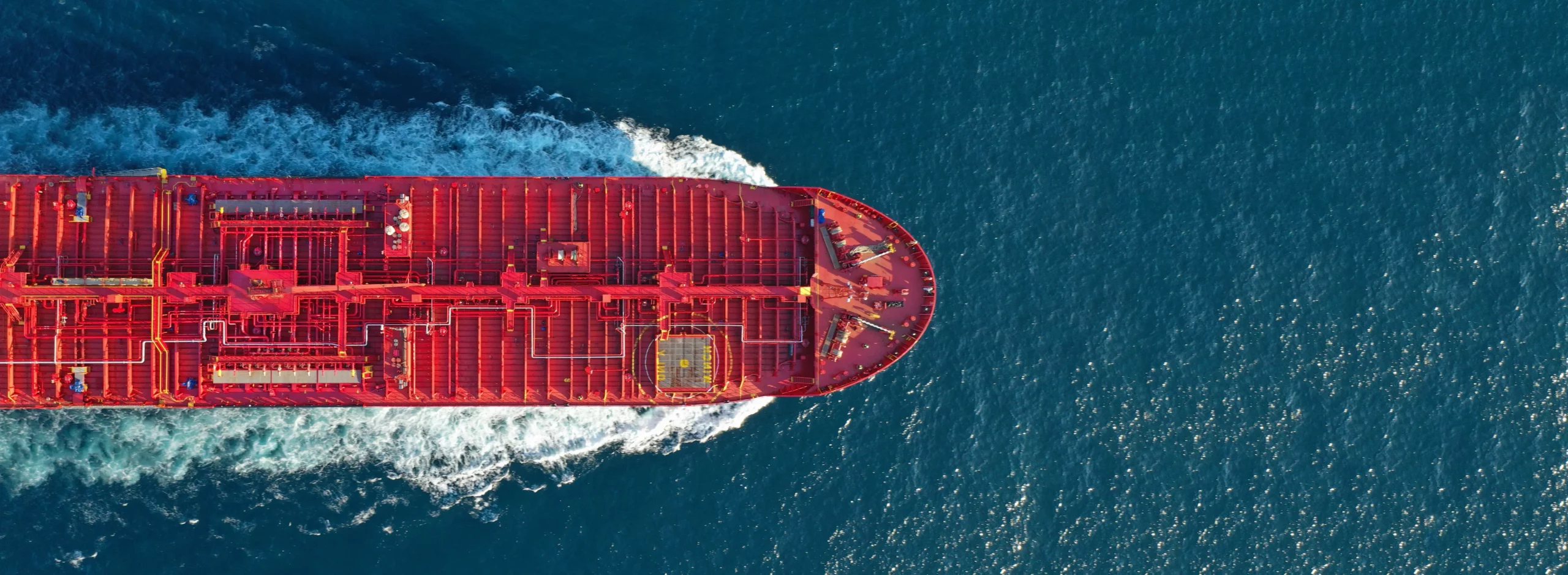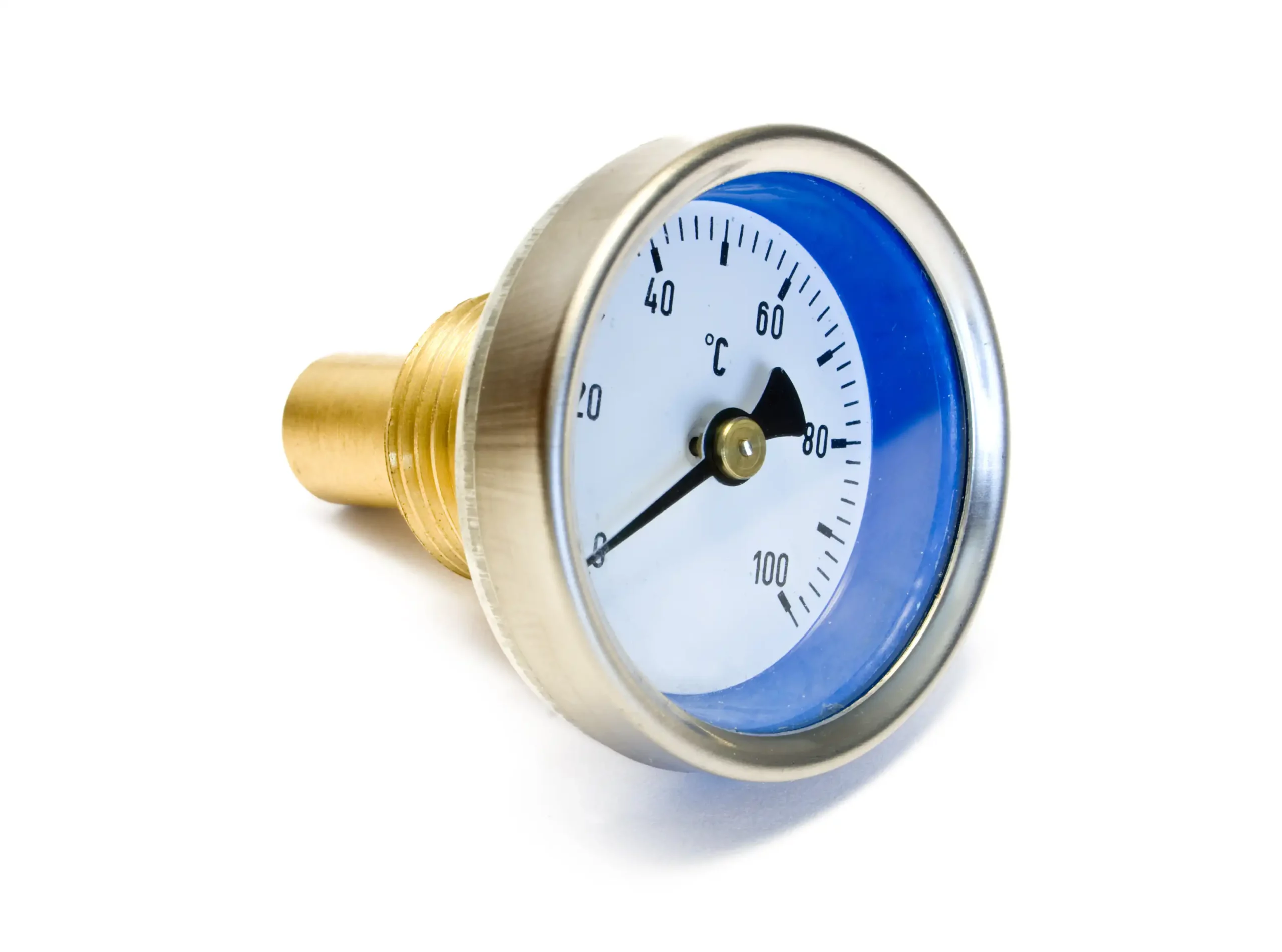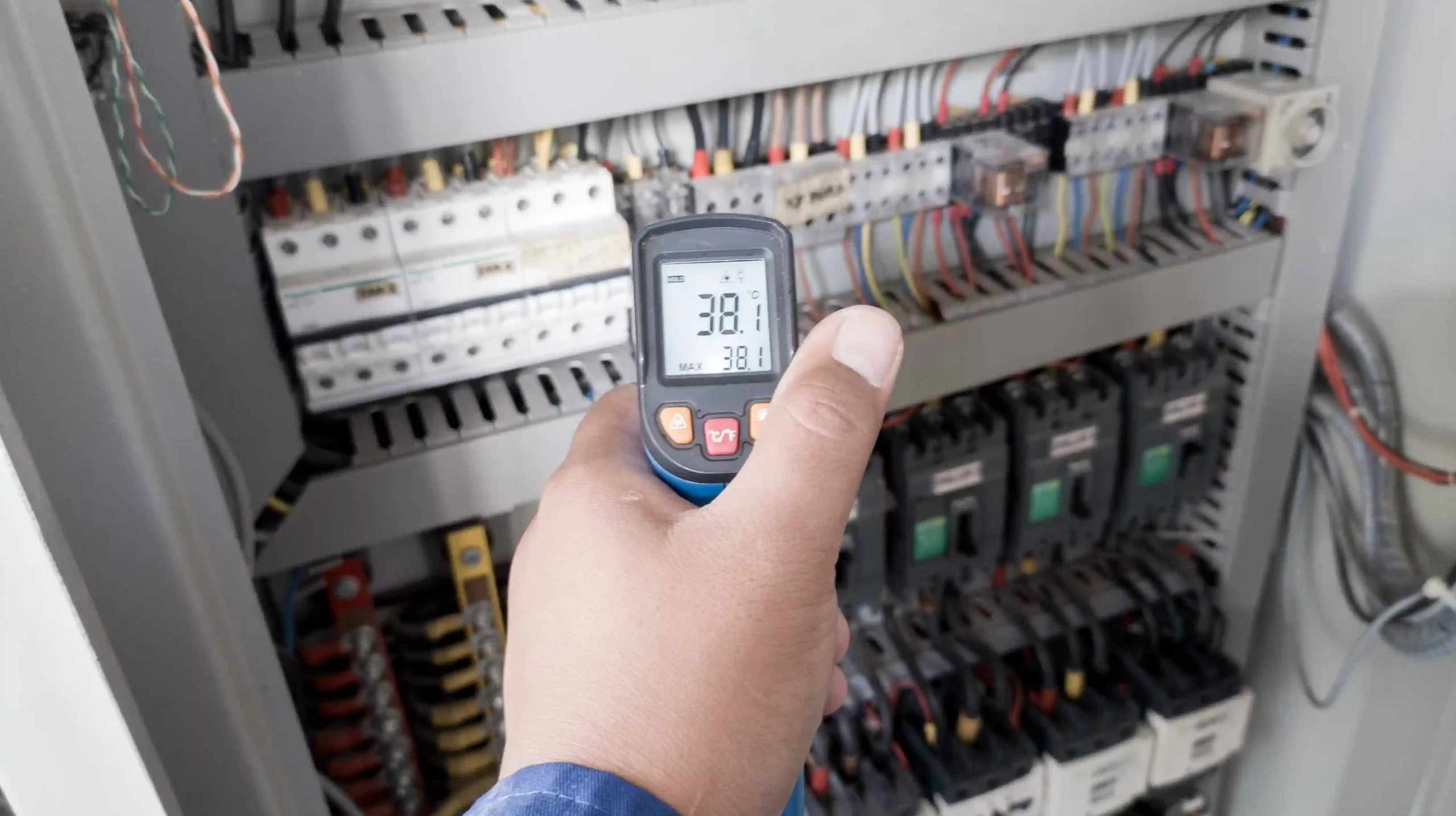
Marine temperature calibrators, also known as shipboard temperature calibrators or marine thermometers are essential tools used on vessels to accurately measure and calibrate temperature sensors and instruments. Marine temperature calibrators are primarily used to verify and calibrate temperature instruments and devices installed on ships, such as thermocouples (whether it be beaded wire, temperature probes, surface probes or wireless), resistance thermometers (RTDs) and temperature transmitters. They help ensure the accuracy and reliability of temperature measurements critical for monitoring various onboard systems, including engine cooling, cargo storage, environmental controls and safety equipment.
Temperature calibration involves comparing the output of a temperature sensor to a known reference temperature. This comparison allows for adjustments to be made to the sensor’s readings, ensuring precise and consistent measurements. Calibration is typically carried out using specialized equipment and techniques to account for factors such as sensor drift, environmental conditions, and other potential sources of error.
To calibrate a temperature sensor, a calibration laboratory or facility is often utilized. These facilities are equipped with high-precision reference thermometers and data loggers, which are used to establish a known and stable temperature environment. During the calibration process, the temperature sensor under test is exposed to various temperature points within its intended temperature range.
There are different types of marine temperature calibrators available, including:
Accurate temperature measurement is critical in maritime operations for various reasons, including:


In addition to supplying the temperature calibrator, our skilled technicians are available to support you with the calibration process necessary for the functionality of the systems on your vessel. The calibration process involves comparing the readings of the temperature sensor to the reference thermometer’s measurements at each temperature point. Any discrepancies or deviations in the readings are noted, and calibration adjustments are made accordingly. These adjustments can include modifying the sensor’s resistance or voltage output to align with the reference temperature.
Marine temperature calibrators are designed to provide high accuracy and stability to ensure precise calibration results. We calibrate and certify them against traceable standards, such as National Institute of Standards and Technology (NIST) to establish their accuracy. This ensures that the calibrators themselves provide reliable reference temperatures for calibration procedures.
Furthermore, temperature calibrators and the calibration processes they support often need to comply with industry standards and regulations, such as those set by classification societies (e.g. Lloyd’s Register) and international maritime organizations (e.g., IMO). These standards define requirements for accuracy, calibration intervals, documentation, and the competency of personnel involved in the calibration process.
At every stage of the process, Mr. Marine Instruments & Controls is dedicated to assisting you, ensuring the smooth facilitation of calibration and enhancing the safety and compliance of your vessels. Furthermore, our technicians undergo rigorous training to handle pressure calibration equipment from various brands, including esteemed manufacturers such as Fluke, Wika, Eurotron Instruments, Ametek and TUVO Instruments. With their extensive expertise, they are fully equipped to deliver comprehensive services tailored to your specific equipment requirements.
Regular sensor calibration and testing are crucial to maintain the accuracy and reliability of temperature measurements in marine environments. By periodically calibrating temperature sensors and documenting the calibration process, marine engineers can have confidence in the integrity of their temperature data, allowing for more informed decisions and a better understanding of marine ecosystems.
Accurate temperature measurement is crucial in maritime operations, impacting everything from engine performance to cargo safety. Ensuring precise readings requires reliable calibration services, such as those accredited by UKAS. Utilizing advanced instrumentation, including Comark and Fluke digital thermometers and thermocouples, our state-of-the-art calibration system guarantees top-notch accuracy. Our calibration process employs both temperature sources and dry block calibrators to verify the performance of temperature probes and sensors. Our workshop is equipped to handle various thermometer probes, providing comprehensive services that meet the rigorous standards of the maritime industry. By maintaining precise temperature readings, we ensure the operational efficiency and safety of maritime vessels.
Our offer consists of both dry well calibrators, such as the Wika Temperature Dry Well Calibrator, and portable calibrators which provide ease-of-use and facilitate the process, including the Wika Hand-held Thermometer and the Wika Hand-held Infrared Thermometer. Nevertheless, our experts are proficient in working with any maker of temperature calibrators, counting reputable manufacturers like Fluke, Wika, Eurotron Instruments, Ametek and TUVO Instruments.
Our team is at your disposal 24/7, 365 days a year.
This site is protected by reCAPTCHA and the Google Privacy Policy and Terms of Service apply.

Mr. Marine is a global maritime service company. Our multi-brand expert team is committed to keeping vessels safe and compliant, anywhere in the world. With technical know-how, 24/7 responsiveness, and unparalleled spare part sourcing we are your global beacon.
Contact Us
Get a reply within 24 hours
This site is protected by reCAPTCHA and the Google Privacy Policy and Terms of Service apply.
Check Out Our Latest Blog Posts